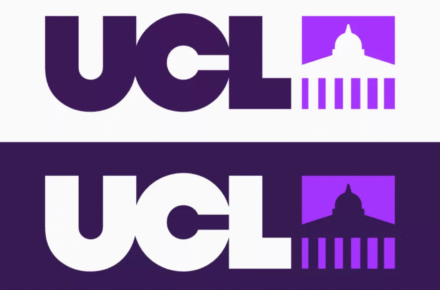By Riddhi Kanetkar
In December 2020, amidst growing cases of COVID-19, students across UK universities started organising what is considered to be ‘the largest rent strike in 40 years’.
A rent strike entails a group of tenants refusing to pay rent, typically to protest high rent prices and/or uninhabitable living conditions.
With London now experiencing a sharp rise in COVID-19 cases, many students are staying at home instead of returning to university accommodation. While UCL have made reasonable adjustments in releasing students from their accommodation contracts, UCL students living in University of London (UoL) accommodation have not yet been offered a no-penalty release from their contracts.
Rent strikers have identified key problems that need to be remedied, which include exorbitant rent prices in Central London, threats of eviction during the pandemic, and inadequate treatment of students who are in quarantine.
With students being confined to their rooms to study online for the foreseeable future, many have also experienced a decline in mental health, caused by isolation and a lack of welfare support.
Speaking to Emerson Murphy, an organiser of the UoL rent strike, he outlined how the issues they were fighting against exceeded rent payments.
“They ignore us because they feel that they can. It’s not just the issue of rent. There’s been sexual assault, and they’ve threatened evictions. The quarantine food has not always catered for Muslim, Jewish or vegetarian students, as they’ve not been provided with foods they can eat.”
As such, UoL rent strikers are aiming to bring more attention to their cause. They have started a petition to encourage the UCL Student’s Union to ‘hold a referendum on support for the University of London Intercollegiate Rent Strike’. A primary concern to strikers is that UoL remains unaccountable to their students, as there is no centralised ‘UoL’ Union.
The Cheese Grater reached out to a UoL spokesperson for a response, who replied:
“We are confident we don’t have any unresolved complaints and are committed to providing our residents with a safe place to live. There are clear channels to report any incidents, and we offer support and advice.
The University is committed to ensuring that the Intercollegiate Halls remain a safe home for residents and staff. As a result, we have procedures in place for our staff and students to ensure collective responsibility for mutual safety.
We are now offering halal and vegan options to students in isolation/quarantine, in addition to the meat and vegetarian options which have been available since the start of this academic year.”
Some of the key demands of the rent strikers include: 40% rent reductions; no-penalty contract releases; no staff redundancies; adequate quarantine meals that cater to all dietary requirements; mental health support for those struggling; and no repercussions for rent strikers.
While UCL has offered students a release from their rent contracts, those in UoL accommodation have license agreements, in place of tenancy agreements. This makes it difficult to leave rent contracts, especially for international students.
With the third lockdown once again depleting the chances of any in-person interactions before reading week, halls of accommodation have enforced strict social distancing policies. However, Emerson outlined cases where students were subject to unacceptable treatment during quarantine.
“During a lockdown, a resident had no clean clothes, so they went to the laundry room. However, [they] were immediately issued with a warning.”
Three warnings result in an eviction, a prospect which is extremely questionable during a pandemic, especially for international students.
With growing discontent among students living in university accommodations across the country, many are relying on the hope that universities will prioritise student welfare above their financial gains. Rent strikers represent the interests of students who have been routinely ignored and alienated during this pandemic – and it is vital that their demands are implemented at a time like this.









